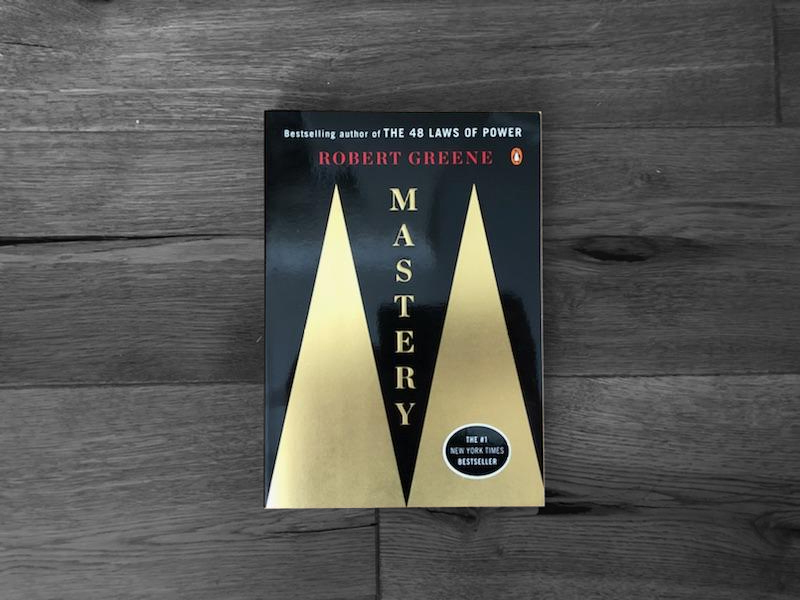I just finished re-reading Mastery by Robert Greene.
It’s one of the best books I’ve read.
There’re so many excellent ideas it’s almost impossible to summarise. But here are 10 of my favourite:
It’s one of the best books I’ve read.
There’re so many excellent ideas it’s almost impossible to summarise. But here are 10 of my favourite:

Mastery is an outcome within your control:
"Mastery is not a function of genius or talent. It is a function of time and intense focus applied to a particular field of knowledge.”
"Mastery is not a function of genius or talent. It is a function of time and intense focus applied to a particular field of knowledge.”
Pleasing the crowd is a distraction:
"To create a meaningful work of art or to make a discovery or to create a business that benefits humanity, you must let go of any need for validation. You must be willing to make sacrifices.”
"To create a meaningful work of art or to make a discovery or to create a business that benefits humanity, you must let go of any need for validation. You must be willing to make sacrifices.”
Going all in means facing fear:
"You must always be prepared to place a bet on yourself, on your future, by heading in a direction that others seem to fear.”
"You must always be prepared to place a bet on yourself, on your future, by heading in a direction that others seem to fear.”
Embrace the pivot:
“You must see your career or vocational path more as a journey with twists and turns rather than a straight line. You begin by choosing a field or position that roughly corresponds to your inclinations. This initial position offers you room to maneuver."
“You must see your career or vocational path more as a journey with twists and turns rather than a straight line. You begin by choosing a field or position that roughly corresponds to your inclinations. This initial position offers you room to maneuver."
Money can’t be the goal:
“Most often you deviate because of the lure of money, of more immediate prospects of prosperity. Because this does not comply with something deep within you, your interest will lag and eventually the money will not come so easily.”
“Most often you deviate because of the lure of money, of more immediate prospects of prosperity. Because this does not comply with something deep within you, your interest will lag and eventually the money will not come so easily.”
Deep work is key:
“It is better to dedicate two or three hours of intense focus to a skill than to spend eight hours of diffused concentration on it. You want to be as immediately present to what you are doing as possible.”
“It is better to dedicate two or three hours of intense focus to a skill than to spend eight hours of diffused concentration on it. You want to be as immediately present to what you are doing as possible.”
Reclaim curiosity:
“If we think deeply about our childhood, not just about our memories of it but how it actually felt, we realize how differently we experienced the world back then. Our minds were completely open, and we entertained all kinds of surprising, original ideas.”
“If we think deeply about our childhood, not just about our memories of it but how it actually felt, we realize how differently we experienced the world back then. Our minds were completely open, and we entertained all kinds of surprising, original ideas.”
You must learn from errors. Don’t wait to be told:
“Mistakes and failures are precisely your means of education. They tell you about your own inadequacies. It is hard to find out such things from people, as they are often political with their praise and criticisms.”
“Mistakes and failures are precisely your means of education. They tell you about your own inadequacies. It is hard to find out such things from people, as they are often political with their praise and criticisms.”
• • •
Missing some Tweet in this thread? You can try to
force a refresh










